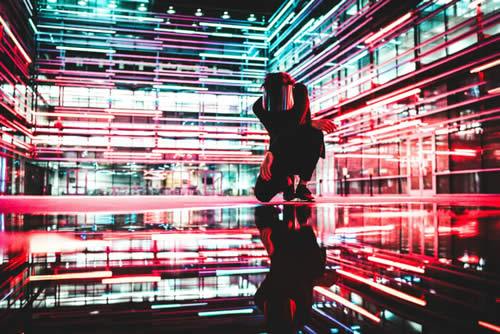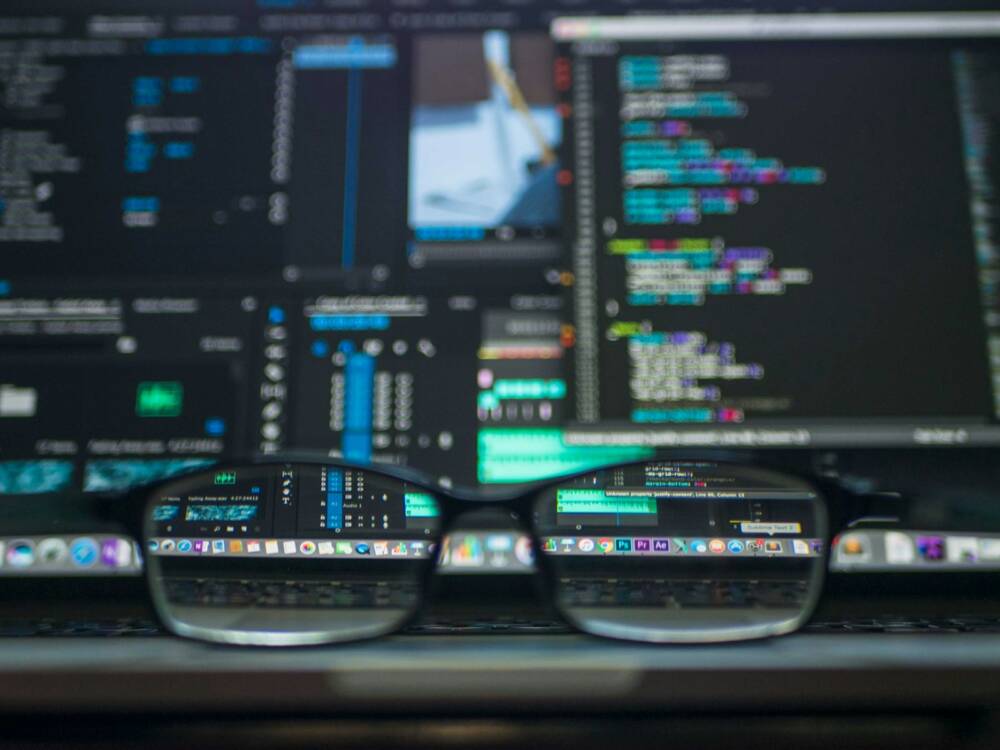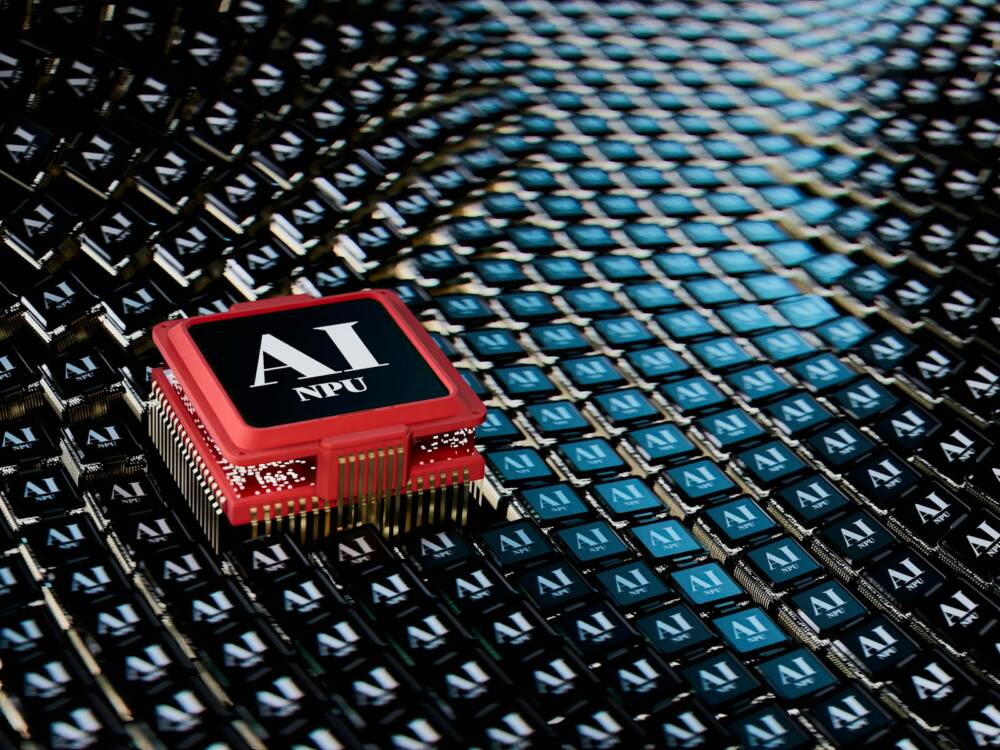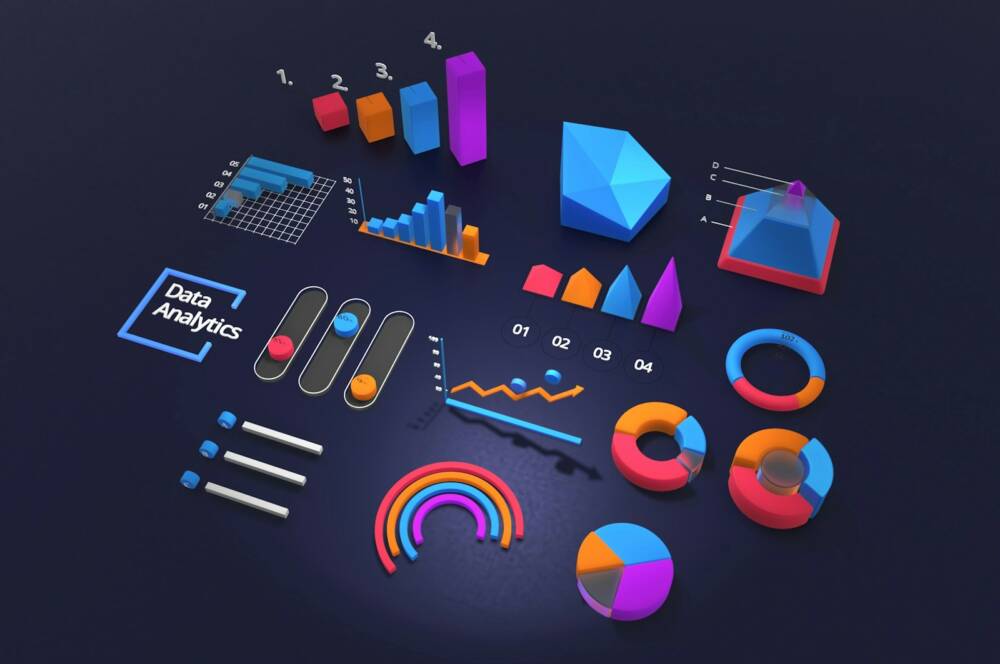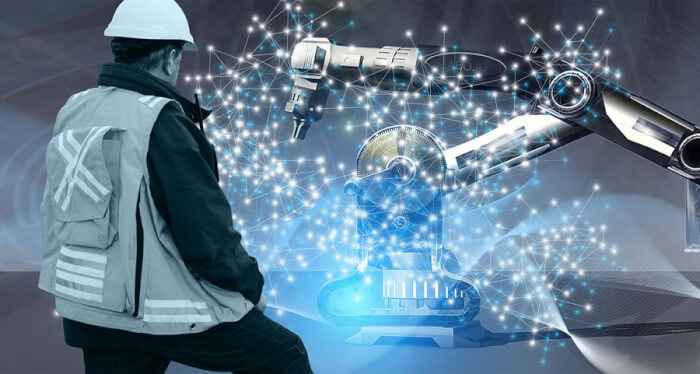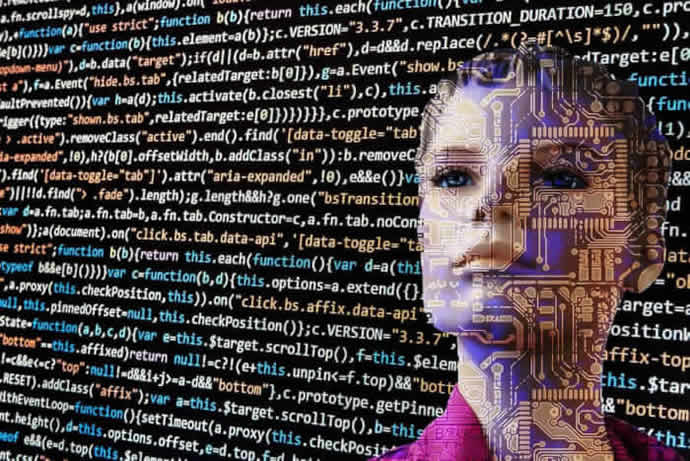The buzz around artificial intelligence (AI) has reached new heights, with controversial instances like “Fake Drake” grabbing headlines. However, not all AI applications in music are alarming. Amid excitement and concerns, particularly around protecting artists and copyrights, AI is showcasing diverse impacts on the industry. So let’s consider 9 ways AI has already changed the Music Industry.
Take, for example, Paul McCartney’s statement about using AI to create the final Beatles song with vocals from John Lennon. While initially confusing, McCartney clarified that no synthetic creation was involved; instead, AI was used for “stem separation” to enhance an old recording made by the bandmates. This highlights the less eerie side of AI in music.
AI’s influence on the music business goes beyond generating computer-made songs. Legal and ethical concerns aside, musicians and rights holders are exploring new creative opportunities, from creation to release and beyond.
Here are five ways AI is reshaping the music industry:
- Getting Stems: AI technology not only helps build songs but also breaks them into stems—essential audio building blocks for various applications, from movie soundtracks to commercials. This ability to deconstruct songs opens avenues for creative remixes and collaborations between fans and artists.
- The Deluge: AI’s capacity to generate music quickly poses challenges to the traditional music industry model. The ability to create a torrent of music outside major labels’ control raises concerns about market share dilution and prompts closer attention from industry leaders.
- Personalized Soundtracks: Start-ups are using AI to create dynamic or personalized music that adapts in real time to actions in video games, virtual reality, workouts, and more. By shuffling individual elements of existing music, these companies provide tailored soundtracks that enhance user experiences.
- Pitch Records: Songwriters and publishers are experimenting with AI voice synthesis to pitch their compositions to top-tier artists. This technology offers a cost-effective alternative to hiring demo singers and allows artists to preview how they might sound on a track before recording.
- Unleashing Creative Collaboration: AI not only aids in music creation but also facilitates collaborative efforts. Musicians can leverage AI to collaborate remotely, bridging geographical gaps and fostering diverse artistic exchanges. Virtual collaboration platforms powered by AI algorithms enable real-time interactions, allowing artists to contribute to a project seamlessly. This democratization of collaboration opens doors for emerging talents to collaborate with established artists, resulting in fresh and innovative musical endeavors.
- Augmenting Live Performances: The realm of live performances has also witnessed the impact of AI. From AI-powered lighting and stage design to real-time sound adjustments, AI enhances the overall live experience for both artists and audiences. Algorithms can analyze crowd reactions, adapting the performance in real time to create an immersive and responsive atmosphere. This dynamic integration of AI into live shows transforms traditional concerts into technologically advanced spectacles, pushing the boundaries of what’s possible in a live musical setting.
- Curating Personalized Playlists: Streaming services are leveraging AI to curate personalized playlists tailored to individual preferences. By analyzing listening patterns, AI algorithms recommend tracks that align with users’ tastes, introducing them to new artists and genres. This personalized approach not only enhances user engagement but also provides emerging artists with opportunities to reach wider audiences. AI-driven playlist curation acts as a powerful tool for music discovery, shaping the way listeners explore and consume music in the digital age.
- Enhancing Music Production Workflows: AI streamlines the music production process by automating repetitive tasks and offering intelligent suggestions. From auto-tuning vocals to suggesting optimal tempos and chord progressions, AI tools assist musicians and producers in refining their compositions efficiently. This acceleration of production workflows allows artists to focus more on the creative aspects of their work, pushing the boundaries of sonic experimentation and innovation.
- Addressing Accessibility and Inclusivity: AI has the potential to address accessibility challenges in the music industry. For individuals with disabilities, AI-powered assistive technologies can facilitate music creation and consumption. Voice commands, gesture recognition, and other AI-driven interfaces empower differently-abled musicians to express themselves artistically. This inclusivity not only broadens the diversity of voices in the industry but also ensures that music remains a universal language accessible to all.
In conclusion, the multifaceted impact of AI on the music industry extends far beyond generating soundalikes and controversial controversies. As technology continues to evolve, musicians, industry stakeholders, and audiences navigate a dynamic landscape where AI enriches creativity, collaboration, live experiences, playlist curation, production workflows, and accessibility. The harmonious integration of AI and human ingenuity reshapes the narrative of music, promising a future where innovation and artistic expression thrive in unison.
INFOGRAPHIC:

MKTPlace is a leading digital and social media platform for traders and investors. MKTPlace offers premiere resources for trading and investing education, digital resources for personal finance, news about IoT, AI, Blockchain, Business, market analysis and education resources and guides.


